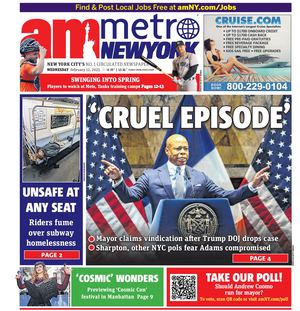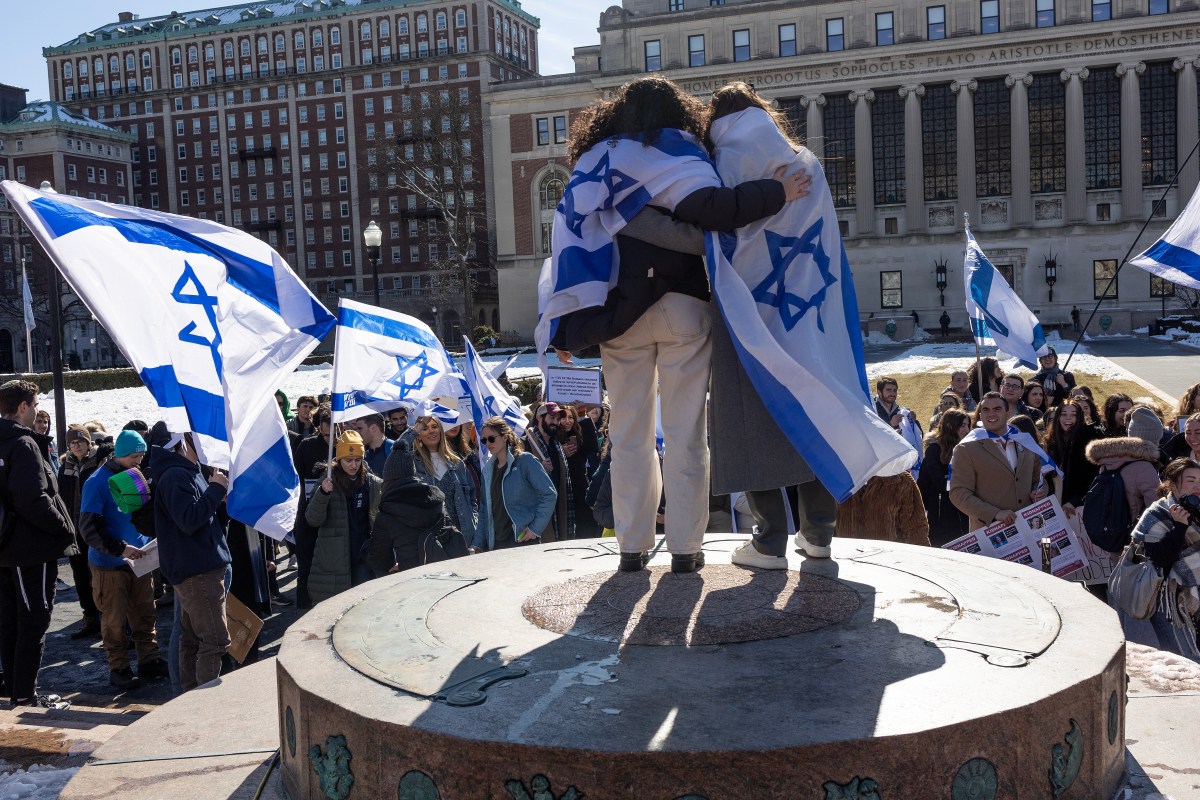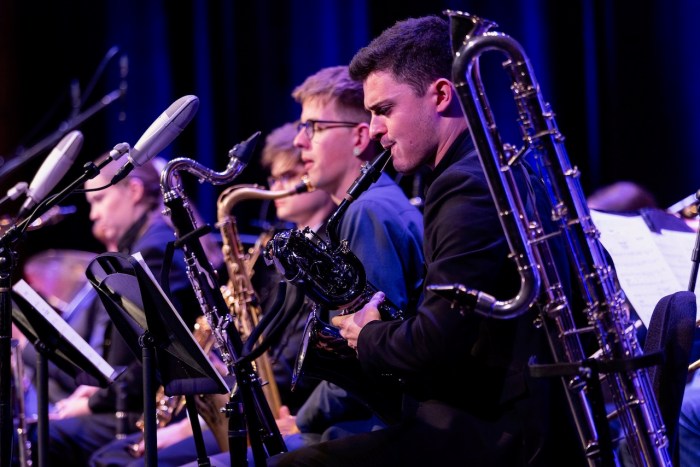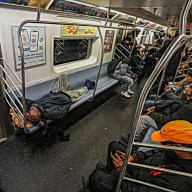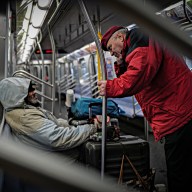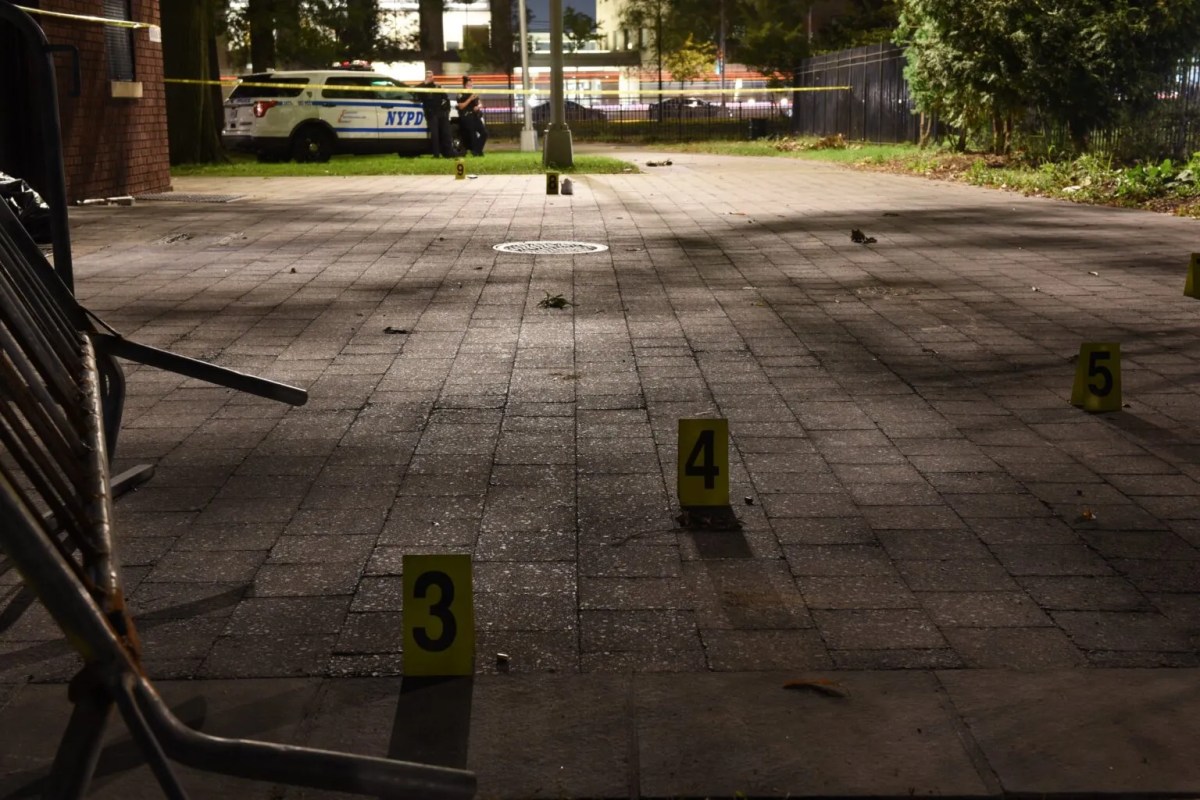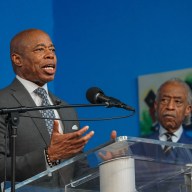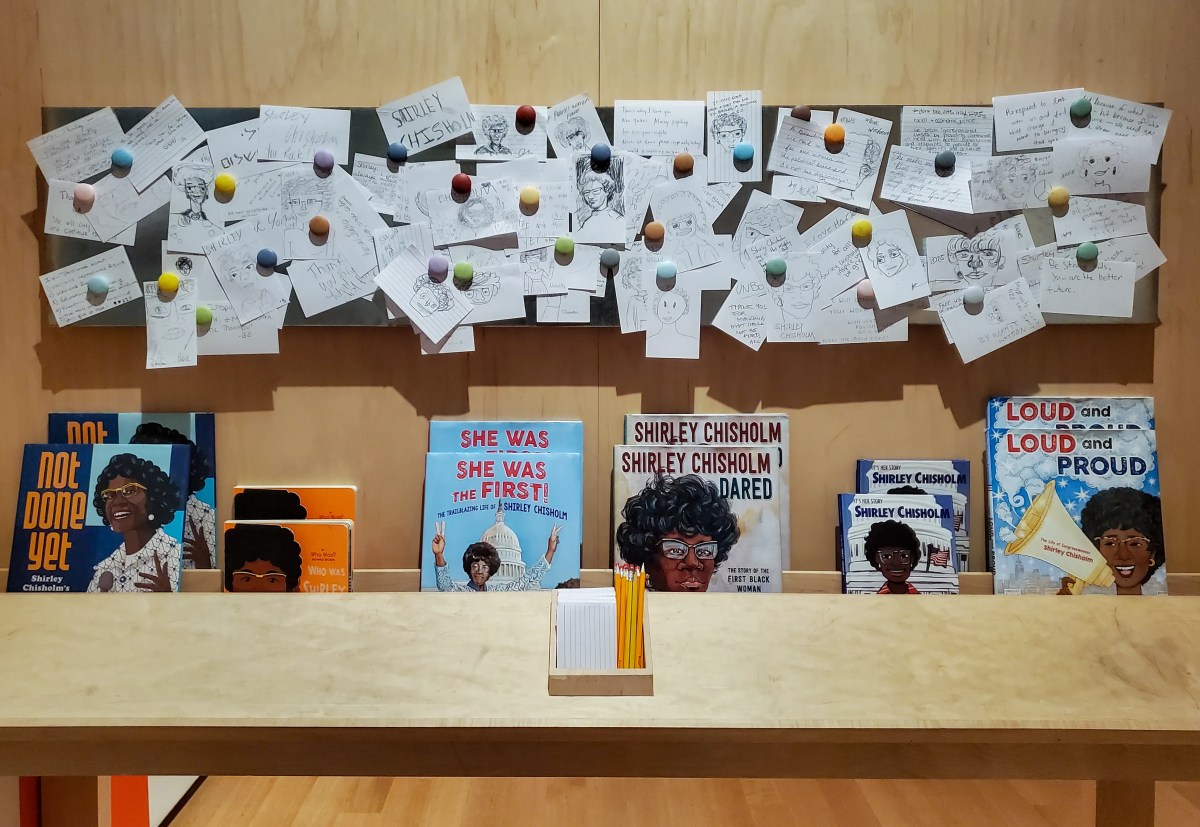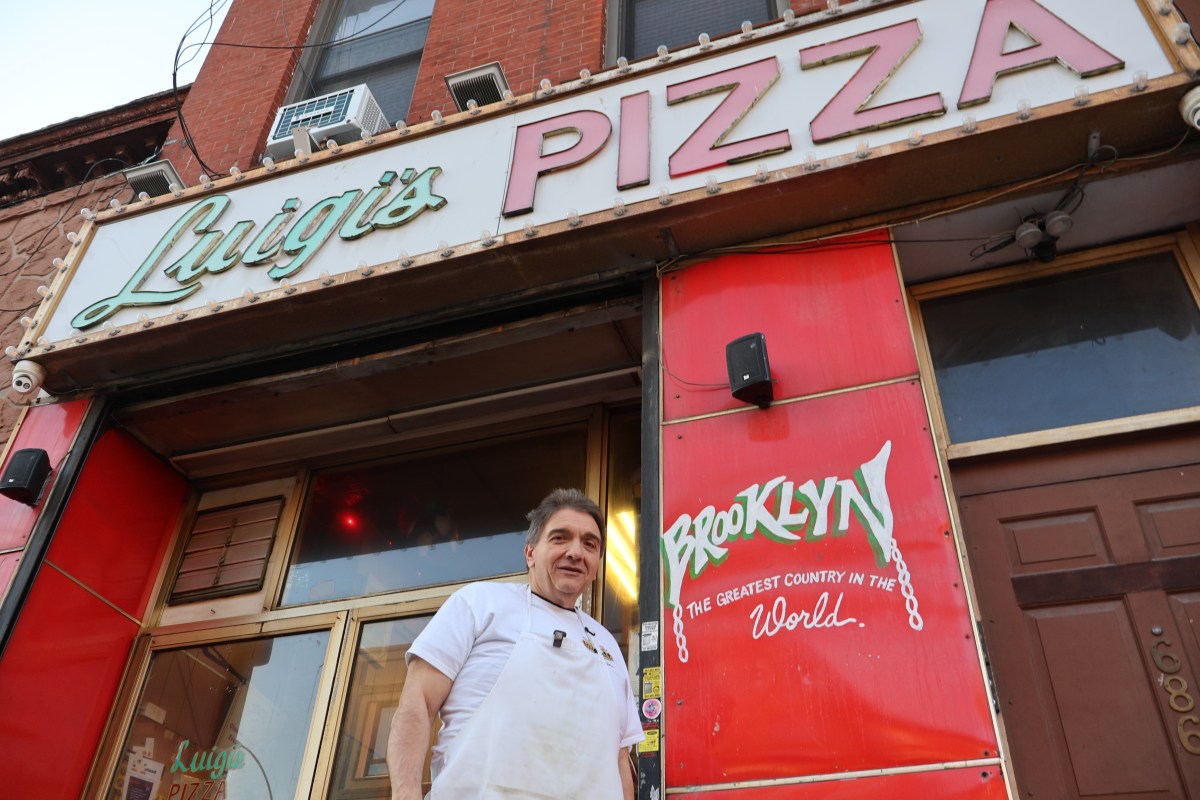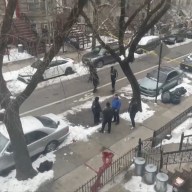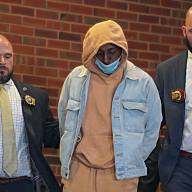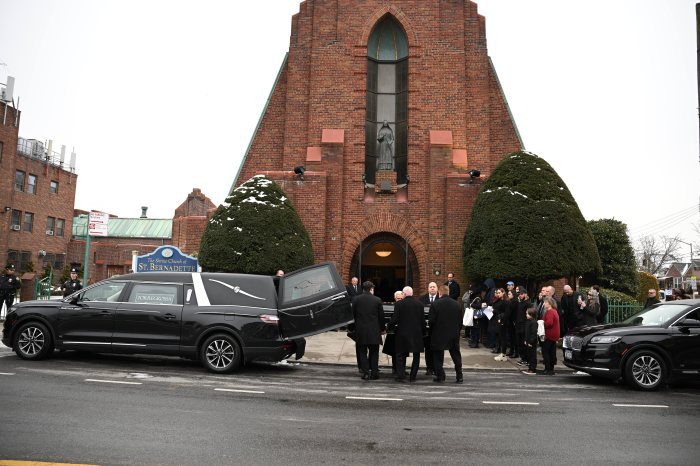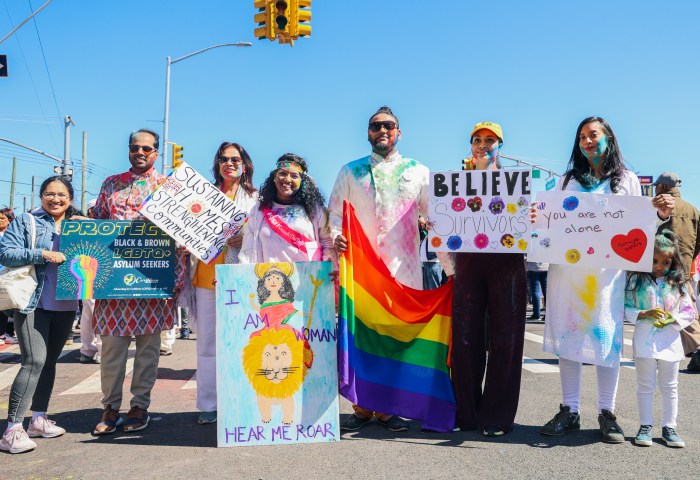New York politics in 2023 saw sitting elected officials like Mayor Eric Adams and Governor Kathy Hochul confronted by numerous escalating crises, while offering little political turnover due to an off-year election cycle.
The arrival of now more than 157,000 migrants to New York City since April 2022, according to the latest numbers from Adams’ office, was the defining issue for the city and state governments in 2023. It presented logistical and financial challenges to both Adams’ and Hochul’s administration’s, while creating tension between the two executives and the White House.
As an off-year for state and federal elections, the only races on the ballot this year in the five boroughs were for its 51 City Council seats. But only a few of those districts were actually competitive, leading to just four new members getting elected to the city’s legislature.
The following is a review of some of the biggest storylines in New York politics for 2023.
Mayor Eric Adams
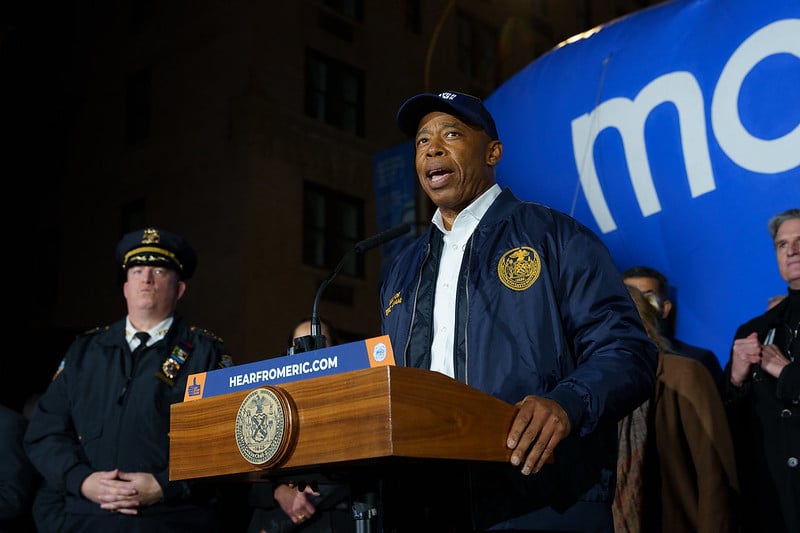
As he approaches the halfway mark of his first term as mayor, Eric Adams has touted a drop in crime coupled with gains in jobs. But, at the same time, he is dogged by historically low poll numbers, the unabating migrant crisis, fallout from enacting widely unpopular budget cuts and a federal investigation into his 2021 run for City Hall.
Hizzoner concluded 2023 with a victory lap, celebrating drops in murders and shootings over the past year, as well as the city gaining back all of the private sector jobs it lost during the COVID-19 pandemic.
“There’s only one soundbite that can define this moment: jobs are up, crime is down,” Adams said, during a Dec. 21 City Hall news conference. “That is what I ran on, promised and committed [to].”
Specifically, the mayor pointed to a nearly 11% decline in murders and a close to 25% drop in shootings over the past 12 months. He added his administration has taken 13,000 guns off city streets since the start of his term.
When it comes to the economy, Adams said over 282,000 private-sector jobs and 44,000 businesses have been created since he took office.
The mayor’s purported successes, however, have not been enough to stop New Yorkers from giving his job performance low marks in recent polls. A Quinnipiac survey this month found just 28% of city residents approve of the job Adams is doing — the lowest rating any Big Apple mayor has received over the nearly 30 years the institution has been polling city residents.
Adams’ historically abysmal numbers were driven by New Yorkers’ displeasure with his handling of the migrant crisis, the city’s finances and the perception of impropriety stemming from the federal probe into his campaign. On top of all that, the mayor was recently accused by a woman of sexually assaulting her in 1993 — accusations he fiercely denies.
The migrant crisis has hijacked an increasing amount of City Hall’s time and energy over the past year, as thousands of new arrivals continue pouring into the city every week. The administration has scrambled to find beds for tens of thousands of newcomers, which is required under the city’s long standing right-to-shelter law, all while not receiving the financial and logistical support it has requested from Washington.
“More than 157,000 Migrants have arrived at our door since last year,” Adams said. “One hundred and fifty seven thousand, [that’s] 1.5 the size of the city of Albany. An entire city was dropped into New York City.”
In the absence of significant assistance from the feds, City Hall has resorted to limiting migrant shelters stays — to 30 days for single adults and 60 days for migrant families — and attempting to suspend the right-to-shelter in court. While the administration argues limiting shelter stays has been successful in controlling the number of migrants in its care, with many finding housing outside the city system, thousands are still reportedly waiting in the cold to receive a new bed.
Meanwhile, Adams and his top aides continue to cite the growing cost of providing shelter and other services to 68,000 migrants currently living in city-run facilities. The mayor says that cost could amount to $12 billion by the summer of 2025 and that it has contributed to a projected $7 billion budget gap over the next fiscal year — Fiscal Year 2025.
Addressing that deficit, Adams says, has driven him to demand 15% cuts across city agency budgets, the first round of which he enacted in mid November. Those reductions have far-reaching implications for everyday services New Yorkers rely upon, including the cancellation of five NYPD academy classes, the removal of some litter baskets in the outer-boroughs and the elimination of vacant early childhood education seats.
The mayor’s latest cuts come after he and the council had an extended fight over previous rounds of trims he made in the Fiscal Year 2024 budget, some of which were restored when the two sides came to a budget deal in June.
If all of that was not enough, Adams is also staring down the federal inquiry into his campaign fundraising practices led by the FBI and the U.S. Attorney in the Southern District of New York (SDNY). The feds are investigating whether the campaign colluded with the Turkish government to receive illegal foreign donations in exchange for political favors, according to a search warrant reported by the New York Times.
The probe burst into public view on Nov. 2, when federal agents raided the Brooklyn home of Adams’ former chief fundraiser — Brianna Suggs. Then, just days later, FBI agents approached Adams on the street, asked his security detail to step aside and seized two of his phones and his iPad.
Neither Adams nor anyone on his campaign has been accused of any wrongdoing. The mayor and his top surrogates have repeatedly denied running afoul of the law and his top counsel, Lisa Zornberg, in November said she has seen “no indication” that he is a target.
Gov. Kathy Hochul
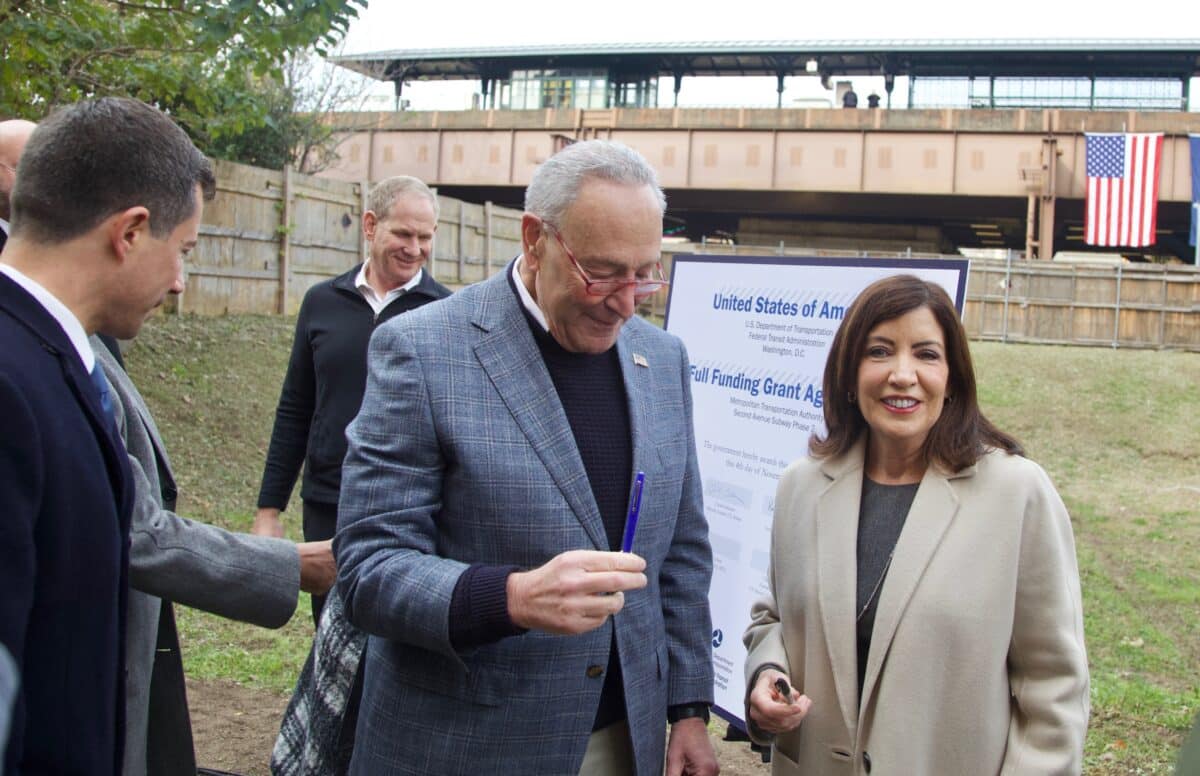
For Gov. Hochul, 2023 marked her first full year as the elected governor of New York, after she narrowly won a four-year term last November over Republican Lee Zeldin.
The governor’s year got off to a rocky start when Albany lawmakers rejected her first choice for the next chief judge of the state Court of Appeals — New York’s highest court. Her pick, Hector LaSalle, was soundly defeated by the full state Senate in a mid-February vote, after drawing swift backlash from progressive lawmakers over his positions on issues ranging from abortion to the rights of criminal defendants.
Following LaSalle’s rejection, Hochul said “it was not a vote on the merits of Justice LaSalle, who is an overwhelmingly qualified and talented jurist.”
Hochul’s second choice, Rowan Wilson, was far better received and sailed through to his confirmation in April.
The kerfuffle between Hochul and state lawmakers over LaSalle’s nomination appeared to set the stage for the prolonged battle between her and legislative leaders — state Senate Majority Leader Andrea Stewart-Cousins and Assembly Speaker Carl Heastie — over the Fiscal Year 2024 budget. The trio blew past their April 1 budget deadline for the second year running, finally agreeing on a $229 billion spending plan in early May following 27 days of negotiating over issues like bail reform and housing.
Hochul was successful in making further tweaks to the state’s bail laws, which were reformed in 2019 to eliminate cash bail for many offenses. The central change she pushed through eliminated what is known as the “least restrictive standard” — a move intended to give judges more discretion to hold offenders in jail pre-trial.
“I’ve always been clear on where I stand on this issue,” Hochul said, while announcing a budget deal in May. “Overall, bail reform was needed. I support the core of its true premise that no one regardless of money should be incarcerated because they don’t have enough [money] … But I do believe that judges should have more authority to set bail and detain dangerous defendants.”
But the governor failed to advance her ambitious plan to build 800,000 new units of housing statewide over the next ten years — dubbed the “New York Housing Compact.” The plan, which would have mandated housing growth across the state by certain amounts over three-year periods, was fiercely opposed by suburban lawmakers and ultimately fell apart.
“I believe major action is required to meet the scale of this crisis,” Hochul said in May. “The legislature saw it differently. They’re not ready to commit to the kind of transformative change I proposed.”
The governor also had tense moments with the mayor over her role in managing the migrant crisis. Specifically, Adams and his top aides have vented frustration over Hochul’s refusal to force counties outside of the five boroughs to shelter migrants as a means of easing the burden on the city.
But Hochul has found other ways to pitch in, including giving the city over $1 billion in reimbursements for shelter costs through the state budget and funding large-scale migrant shelters at the Creedmoor Psychiatric Center in eastern Queens, Brooklyn’s Floyd Bennett Field and on Randall’s Island.
City Council elections
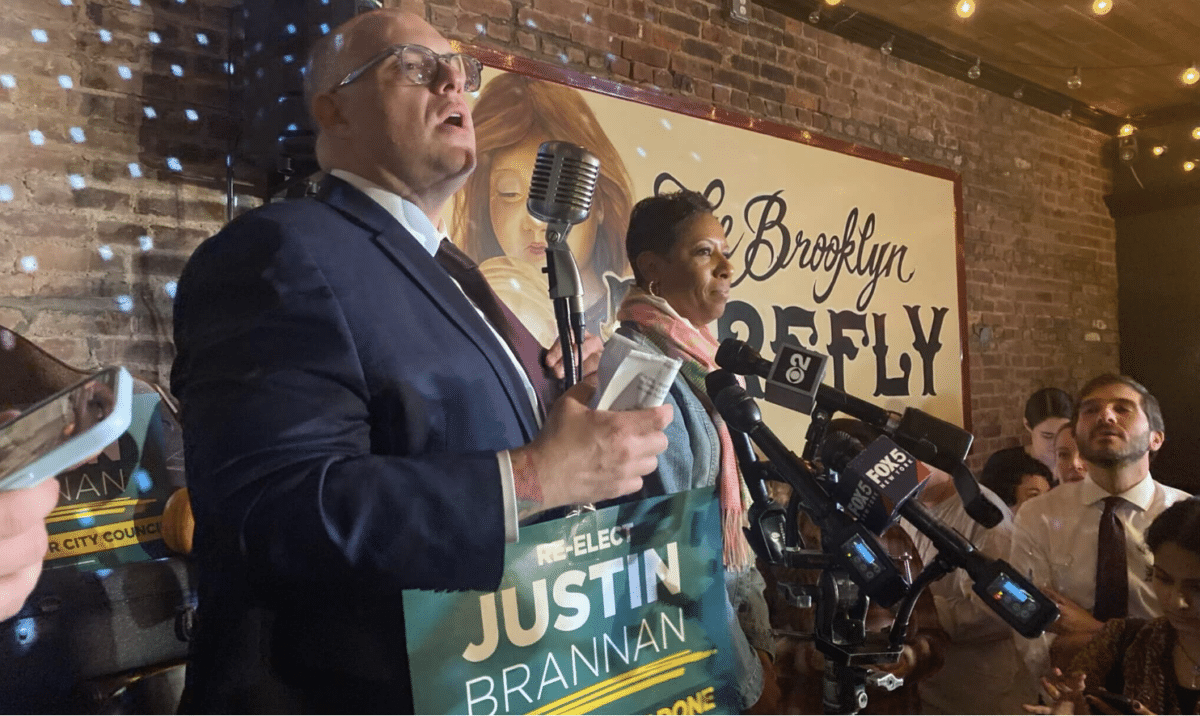
Even though every one of the city’s 51 council districts was up for re-election this year, just two years after the last round of council races due to redistricting, there were only a handful of competitive contests across the June primary and November general election.
The marquee Democratic primary race was in Council District 9 in Harlem, where political newcomer and “Exonerated Five” member Yusef Salaam defeated two veteran area lawmakers — Assemblymembers Inez Dickens and Al Taylor. With no Republican challenger, Salaam secured the seat in June.
Salaam made history by going from being falsely convicted of raping a woman when he was a teenager in 1989, to being exonerated after spending several years in prison and finally getting elected to the council this year.
“I am here because Harlem, you believed in me. Harlem has spoken,” Salaam said after winning the primary. “This campaign has been about our Harlem community who has been pushed into the margins of life and made to believe that they were supposed to be there. What has happened in this campaign has restored my faith in knowing that I was born for this.”
There was also one upset victory in southern Brooklyn, where community organizer Chris Banks, who was backed by the Brooklyn Democratic Party, unseated incumbent-avowed socialist Charles Barron.
The November general election presented little more in the way of surprises.
In the most watched race, Democrat Justin Brannan and Democrat-turned-Republican Ari Kagan — both council incumbents — faced off for the same southern Brooklyn seat, after parts of each member’s current districts were combined in reapportionment. But while many thought the race would be a nail-biter, Brannan bested Kagan by nearly 17% on Election Night, retaining his spot on the council.
The biggest surprise on Nov. 7 came in District 13 in the eastern Bronx, where Republican newcomer Kristy Marmorato defeated incumbent Democrat Marjorie Velazquez by roughly 6 percentage points. Marmorato is the first Republican to hold elected office in the Bronx in close to 20 years.
Additionally, Democrat Susan Zhuang won the race for the first Asian-majority council seat in southern Brooklyn.
